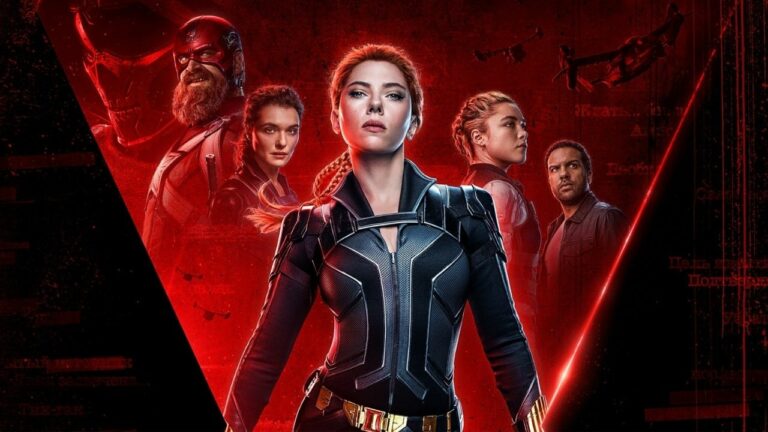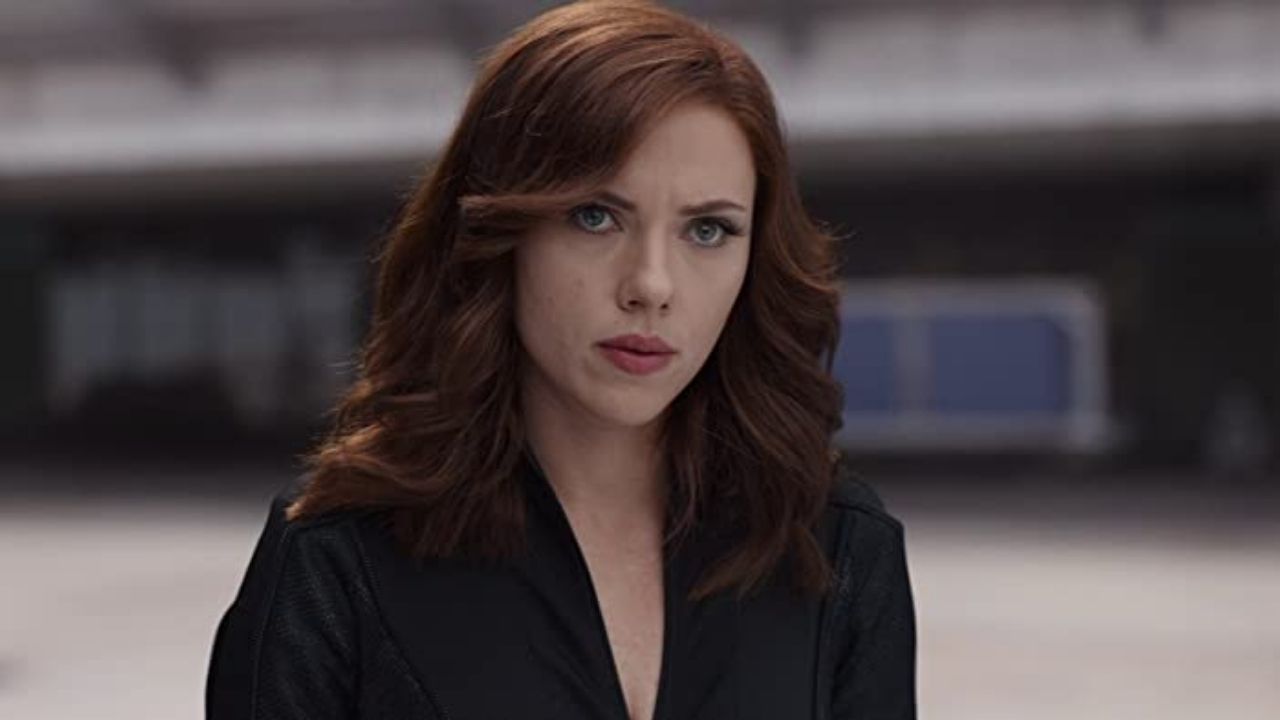On July 29, Scarlett Johansson filed a lawsuit suing Disney for a breach of contract, which stated that the actor would suffer from a loss of 50 million USD (as estimated by her team) due to Black Window being simultaneously released on Disney+. Let’s break this down.
Disney+ has had an immense edge over other streamers as the exclusive stronghold of everything Marvel. MCU’s theatrical premieres are known to be major events in their own rights.
Black Widow’s debut on Disney+ on the same day as theatrical release is something the franchise has never been done before.
In what was another first, Disney also proudly publicized the revenue it earned (a whooping 60 million USD) on Black Widow’s opening weekend due to new subscriptions that the film bought in.
And we’re sure that number just kept rolling beyond the movie’s opening week. The impact of Scarlett Johansson’s Black Widow on the streamer is undeniable.
Noting this “positive” impact, it was a surprise when the industry woke up to Johansson suing Disney+.

First, we have to understand how actors get paid. Most actors opt for a contract where they are paid a specific amount on signing the movie deal.
The remaining payment is either benchmarked at a decided percentage of box office profits, or “bonuses” once the movie hits certain box office targets. The latter is also known as back-end deals.
These two-part payment deals are beneficial to the studio as well as actors, since the studio won’t have to go over their budget during production and actors stand to make a better turn-around if the movie does well.
One important factor is that most of the time, these contracts guarantee the film will have an exclusive theatrical release. This means that the movie will not go on a streaming service immediately.
Now, the qualm that Johansson has raised is a valid one. While Black Window performed well on its opening week, due to its simultaneous release on Disney+, the box office saw a huge drop in its second week.
Johansson claim states that online streaming has impacted box office results, which directly cuts out any back-end bonus/profit percentage she was to receive.
Her lawsuit also claims that not only is the damage in millions but also that the streamer went ahead with distribution decisions without consulting the production or creative talent.

Disney came back with a response, saying that Johansson’s lawsuit is petty given the current state of the world, with the pandemic at large. Read more from their statement.
There is no merit whatsoever to this filing. The lawsuit is especially sad and distressing in its callous disregard for the horrific and prolonged global effects of the COVID-19 pandemic […] The release of Black Widow on Disney+ with Premier Access has significantly enhanced [Johansson]’s ability to earn additional compensation on top of the $20M she has received to date.
The Walt Disney Company
Despite the biting response from Disney, it seems like Johansson will not step back, as her attorney John Berlinski, in a statement to Variety, calls out Disney for hiding behind the pandemic as an excuse for not being transparent with their clients or respectful of the contracts.
Berlinski also points out how Disney is the only one at benefit here, as exclusive like Black Widow has not only helped it with more subscribers but also with a raised stock value.
It’s no secret that Disney is releasing films like ‘Black Widow’ directly onto Disney Plus to increase subscribers and thereby boost the company’s stock price — and that it’s hiding behind COVID-19 as a pretext to do so.
John Berlinski
In fact, Disney’s response completely ignores Johansson’s statements about the studio giving her the cold shoulder when asked to re-negotiate the terms.
Disney is not the first studio to come under fire for dual releases (that is in theatres and on the streamers); Warner Bros have faced a similar, loud backlash.
There is something to be said about how the studio blamed Johansson for being insensitive during a pandemic, to construct a narrative of greed and self-interest, instead of dealing with a breach of contract for it is.

The dual release, or sometimes the “exclusive” online release only has hurt production vastly, gaining complaints from filmmakers, theatres and movie talent.
The Johansson-Disney lawsuit may either play out in court or be settled outside. Whichever one, Disney (and other streamers) will have to be more careful in the future, about how they treat their creative talent.
This may prove to be a decisive moment if more individuals begin to speak out.
About Black Widow
Black Widow is an upcoming American superhero film based on the Marvel Comics character of the same name. Produced by Marvel Studios and distributed by Walt Disney Studios Motion Pictures, it is intended to be the 24th film in the Marvel Cinematic Universe (MCU).
Directed by Cate Shortland and written by Eric Pearson, the movie stars Scarlett Johansson as Natasha Romanoff alongside Florence Pugh, David Harbour, O-T Fagbenle, William Hurt, Ray Winstone, and Rachel Weisz.
It will be the first film in Phase Four of the MCU, and was delayed three times from an original May 2020 release date due to the COVID-19 pandemic.
Disney confirms Marvel Studios’ Black Widow will release on Disney+ for no extra cost to existing subscribers after its Premier Access release, October 6.
The film follows Natasha Romanoff as she confronts the darker parts of her ledger when a dangerous conspiracy with ties to her past arises. Pursued by a force that will stop at nothing to bring her down, Natasha must deal with her history as a spy and the broken relationships left in her wake long before she became an Avenger.









No Comments on Why Is Scarlett Johansson Suing Disney? Explained